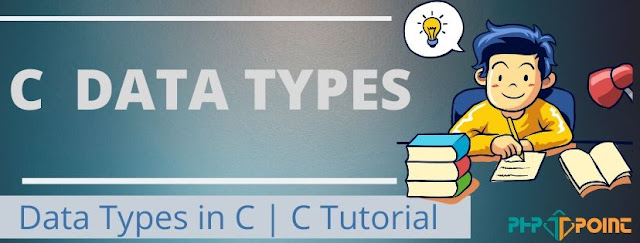C Data Types
C data types are defined as the format for storing data that a variable may store data to execute a particular operation. In C information types determine how and what type of data we bring into our programs.
It is used to describe a variable in a program prior to use.
It is used to evaluate the size of variable, constant and series.
You will learn about the data types of C programming language in this C tutorial, and what types of it.
Basic Data Type:
They are based on integer and floating-point. C language allows literal signatures as well as unsigned ones. The memory size of the basic data types that vary including an operating system of 32 or 64 bits. These are also called primary or fundamental types of data. Both titles carry the same meaning.
Derived Data Type:
They are nothing like primary types of data but instead a little twisted or clustered together like sequence, form, union, and pointer.
Enumeration Data Type:
Enumeration (or enum) is a category of data specified by the user at C. This is primarily used for assigning names to important constants, the names make it easy to interpret and manage a system. In C and C++ the keyword 'enum' is used to define new forms of enumeration.
Void Data Type:
There are no values and no operations in the form of void data in C programming language. It is a type that represents the absence of a type of data.
